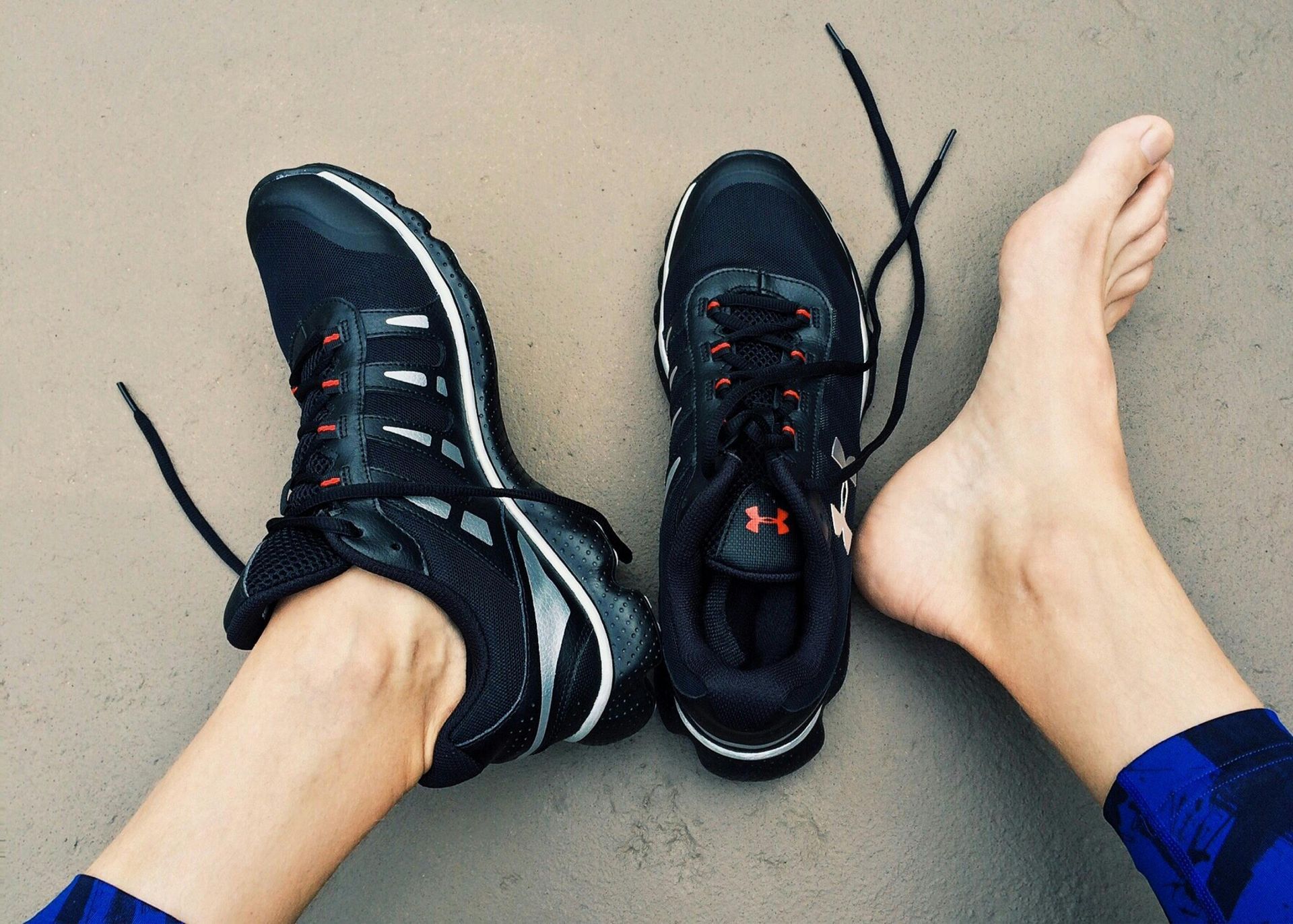The Impact of Stress and High Cortisol Levels on Weight and Pain: A Physiotherapist's Perspective
March 2025
The Impact of Stress and High Cortisol Levels on Weight and Pain: A Physiotherapist's Perspective

n today’s fast-paced world, stress has become a common part of everyday life. Whether it’s due to work pressures, personal challenges, or even physical injury, stress affects us in various ways—both mentally and physically. One of the key players in this response is cortisol, often referred to as the "stress hormone." While cortisol is essential for the body’s fight-or-flight response, when it’s elevated for prolonged periods, it can have a significant impact on weight, pain, and overall well-being.
As physiotherapists, we see firsthand how chronic stress and high cortisol levels can contribute to pain and discomfort, complicating recovery, and impeding progress. Let’s dive into how stress, through elevated cortisol, can affect the body and its connection to pain and weight gain.
What Is Cortisol and Why Does It Matter?
Cortisol is produced by the adrenal glands in response to stress. It’s an essential hormone that helps regulate many bodily functions, including metabolism, immune response, and blood sugar levels. In short bursts, cortisol is beneficial, helping the body react to immediate stressors. However, when stress becomes chronic, cortisol levels remain elevated, leading to a cascade of effects on the body.
The Link Between Cortisol and Weight Gain
One of the most well-known consequences of prolonged stress and high cortisol is weight gain. Here’s how it happens:
- Increased Appetite: High cortisol levels can trigger hunger and cravings for high-calorie foods, especially those rich in sugar and fat. This is a survival mechanism, where the body seeks out quick sources of energy to deal with stress.
- Fat Storage: Chronic cortisol elevation promotes the storage of fat, particularly around the abdomen. This "visceral fat" is associated with higher risks of heart disease and metabolic issues. It also makes it more difficult to lose weight, even with a healthy diet and exercise.
- Impaired Fat Metabolism: Stress can interfere with the body’s ability to burn fat efficiently. High cortisol levels lead to an imbalance in insulin levels, promoting fat storage rather than fat burning.
- Disrupted Sleep Patterns: Stress often disrupts sleep, leading to inadequate rest. Poor sleep can influence hunger hormones like ghrelin and leptin, leading to overeating and weight gain.
Cortisol and Pain: A Complex Connection
The relationship between stress, high cortisol levels, and pain is complex but significant. Here’s how stress can exacerbate physical discomfort:
- Increased Inflammation: Cortisol is involved in regulating inflammation. While it helps control inflammation in acute situations, chronic stress can lead to a dysregulation, resulting in persistent inflammation in the body. This inflammation is often a major contributor to chronic pain conditions, such as joint pain, back pain, or conditions like fibromyalgia.
- Muscle Tension: Stress causes muscles to tighten as part of the body’s fight-or-flight response. Prolonged muscle tension can lead to tension headaches, neck pain, and back pain. It can also prevent muscles from relaxing properly, leading to stiffness and discomfort.
- Lower Pain Threshold: High cortisol levels can make the body more sensitive to pain. This means that even small triggers can lead to more intense pain responses, making existing conditions feel worse and prolonging recovery.
- Disrupted Healing: Stress and high cortisol levels can impair the body's ability to heal from injuries. Cortisol reduces the effectiveness of the immune system, and in the context of injury recovery, this can slow down tissue repair and prolong healing times.
Managing Stress for Better Health
As physiotherapists, we emphasize the importance of managing stress for both physical and mental well-being. Here are some effective strategies to reduce cortisol levels and promote overall health:
- Exercise: Regular physical activity, particularly activities like yoga, swimming, or walking, can help reduce stress and regulate cortisol levels. Exercise also releases endorphins, which are natural pain relievers.
- Mindfulness and Relaxation: Techniques like deep breathing, meditation, and mindfulness can help manage stress and lower cortisol levels. Even just a few minutes a day of deep breathing exercises can make a difference in reducing muscle tension and stress.
- Sleep Hygiene: Prioritize quality sleep by creating a calming nighttime routine. Avoid stimulants like caffeine and screen time before bed, and ensure you get enough restorative sleep.
- Healthy Nutrition: A balanced diet rich in fruits, vegetables, lean proteins, and healthy fats can support the body’s ability to manage stress. Avoiding excess caffeine, alcohol, and sugar can help regulate cortisol levels.
- Physical Therapy: Working with a physiotherapist can help reduce muscle tension, improve posture, and manage pain. Manual therapy, stretching, and strengthening exercises can all help alleviate the physical symptoms of stress.
Conclusion
Stress and high cortisol levels can have a significant impact on both weight and pain, complicating efforts to stay healthy and recover from injury. By understanding the relationship between cortisol and the body’s response to stress, we can take proactive steps to manage stress, reduce pain, and maintain a healthy weight. As physiotherapists, we are here to guide you through these challenges, providing strategies that can help reduce stress, improve physical function, and promote overall wellness.
If you’re struggling with stress-related pain or weight issues, don’t hesitate to reach out to a physiotherapist for personalized guidance and treatment. Together, we can work to improve your quality of life and help you feel your best, both physically and mentally
book a session with Physiotherapy Madeira
All Rights Reserved | Physiotherapy Madeira




